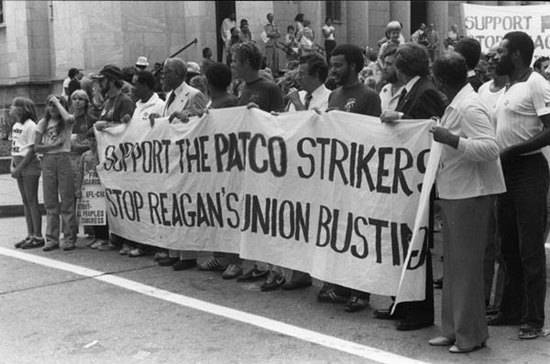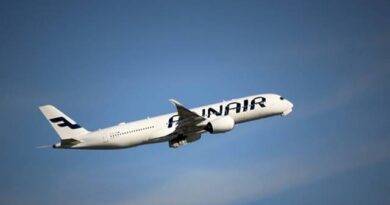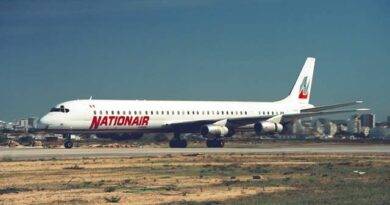Strike of Air Traffic Controllers and some examples from history.
Air traffic controllers are responsible for the safe and efficient movement of aircraft in the airspace. Strike of air traffic controllers can have a significant impact on air travel, causing delays, cancellations, and even ground stops.
Examples of air traffic controller strikes from history:
- 1981 PATCO strike: In August 1981, members of the Professional Air Traffic Controllers Organization (PATCO) went on strike in the United States. The strike lasted 11 days and was ultimately unsuccessful, with President Ronald Reagan firing all of the striking controllers. The PATCO strike was a watershed moment in American labor relations, and it has had a lasting impact on the air traffic control system in the United States.
- 1992 Canadian air traffic controller strike: In February 1992, members of the Canadian Air Traffic Controllers Association (CATCA) went on strike. The strike lasted five days and was successful, with the controllers achieving their demands for better pay and working conditions.
- 2009 French air traffic controller strike: In September 2009, members of the French air traffic controllers union went on strike. The strike lasted four days and caused significant disruptions to air travel in France and across Europe. The controllers were striking to protest government plans to reform the air traffic control system.
These are just a few examples of air traffic controller strikes from history. Strikes by air traffic controllers can have a significant impact on air travel. They are often used as a last resort by controllers to achieve their demands.

Impact of air traffic controller strikes:
Air traffic controller strikes can have a number of negative impacts on air travel, including:
- Delays and cancellations: Strikes can lead to significant delays and cancellations, as air traffic controllers are unable to handle the normal volume of traffic.
- Ground stops: In severe cases, strikes can lead to ground stops, which means that all flights are prohibited from taking off or landing at a particular airport.
- Increased costs: Strikes can increase costs for airlines and passengers, as airlines have to pay for additional fuel and accommodation for passengers who are stranded.
- Safety risks: Strikes can also pose safety risks, as air traffic controllers play a critical role in the safe and efficient movement of aircraft.
Preventing air traffic controller strikes:
There are a number of things that can be done to prevent air traffic controller strikes, including:
- Fair and equitable pay and working conditions: Air traffic controllers should be paid fairly and have reasonable working conditions. This will help to reduce dissatisfaction among controllers and make them less likely to strike.
- Effective communication and consultation: Governments and airlines should communicate and consult effectively with air traffic controllers to address their concerns. This will help to build trust and understanding between the parties, and make it less likely that controllers will resort to strike action.
- Contingency plans: Governments and airlines should have contingency plans in place in the event of an air traffic controller strike. This will help to minimize the disruption to air travel.
Air traffic controller strikes are a serious issue, but they can be prevented by taking the necessary steps to address the concerns of air traffic controllers.
References and Further Reading:
- Federal Aviation Administration (FAA): The FAA is the US government agency responsible for air traffic control. The FAA website provides information on air traffic controller strikes. It includes the impact of strikes on air travel and the FAA’s contingency plans.
- National Air Traffic Controllers Association (NATCA): NATCA is the union representing air traffic controllers in the United States. The NATCA website provides information on air traffic controller strikes. It includes the history of strikes and the union’s demands in recent negotiations.
- International Federation of Air Traffic Controllers’ Associations (IFATCA): IFATCA is the global federation of air traffic controller unions. The IFATCA website provides information on air traffic controller strikes around the world. It includes the impact of strikes on air travel and the union’s efforts to improve working conditions for air traffic controllers.
image source: https://www.zinnedproject.org/news/tdih/patco-strike/


